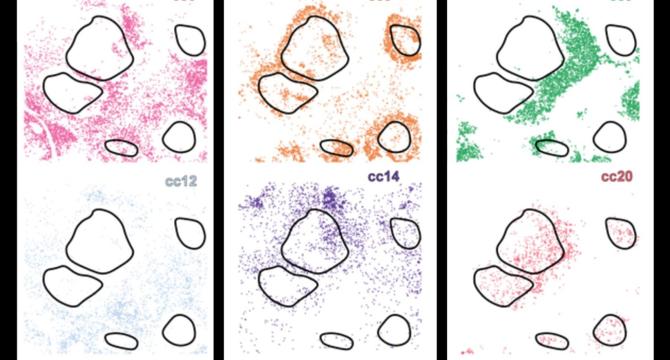Mit
2w
77

Image Credit: Mit
New AI system uncovers hidden cell subtypes, boosts precision medicine
- A new deep learning AI tool called CellLENS combines RNA or protein molecule analysis, cell location, and cellular morphology to build a comprehensive digital profile for each cell, aiding in precise cell grouping and identification.
- CellLENS, developed by researchers from MIT, Harvard Medical School, Yale University, Stanford University, and University of Pennsylvania, can identify rare cell subtypes and provide insights into disease processes like tumor infiltration or immune suppression.
- The tool's ability to detect molecular and contextual information within tissues enhances researchers' understanding of cellular behaviors and interactions, potentially leading to more targeted cancer diagnostics and immunotherapies.
- Researchers believe that AI tools like CellLENS can accelerate the development of improved interventions by leveraging vast multi-omic data about individual cells and their tissue contexts, aiding in the discovery of new therapeutic leads for advancing human health and wellness.
Read Full Article
4 Likes
For uninterrupted reading, download the app